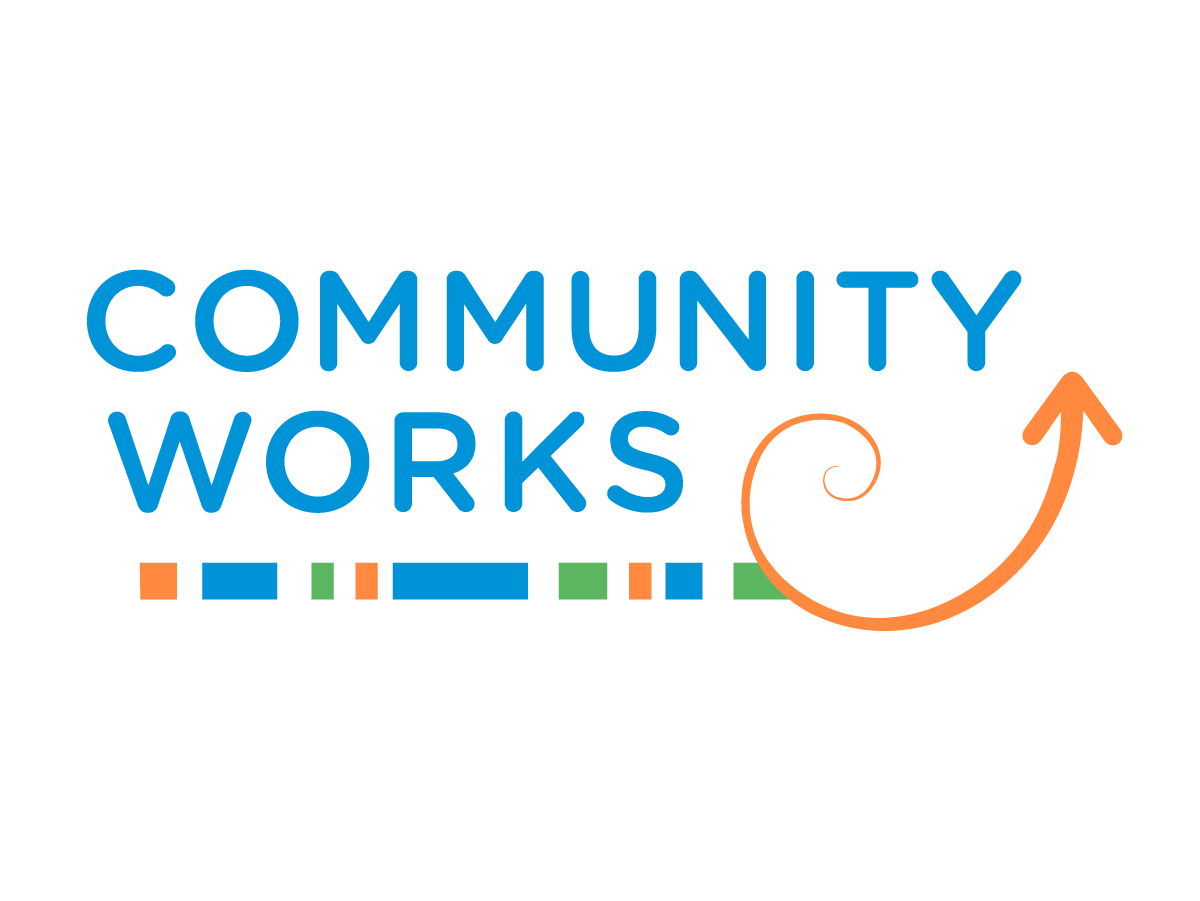World Refugee Day. My mother was not a refugee, but she wanted to be.
My mother was not a refugee, but she wanted to be. Her family applied for protection visas to escape the war unfolding all around them in Europe, but by the time they gained entry to the United States the bombs had stopped dropping. They fled to Austria from Germany, where my grandfather had been the conductor of the Radio Berlin Orchestra. The year my mother was born, he was dismissed from his position for refusing to fire Jewish musicians. Sensing the growing dangers in Berlin, the family moved to Salzburg, where the Nazis soon expanded their occupation. My mother spent the early years of her life running from air raids, hiding in caves and under bridges, scrounging to get enough food, and fighting to survive serious illnesses that kill many children of war. Today, as she turns 81, she is putting the finishing touches on a novel based on this history, dovetailed with the history of my father, a U.S. soldier who ran through blood-red water at Normandy on D-Day and then survived the Battle of the Bulge.
When I was growing up, both of my parents still struggled with their mental health and wellbeing as a result of their wartime experiences. They were both plagued by terrifying nightmares, episodes of depression, and irrational fears concerning my safety. My father was diagnosed with post-traumatic stress disorder (PTSD) when I was a teenager, and the illness made our home life extremely tense and unpredictable. It also had economic impacts as he became progressively incapacitated by the condition, and was no longer able to maintain his small business. My mother was pulled in all directions at once: caring for him, caring for me, and trying to keep a roof over all of our heads. This compounded her own challenges to mental health and wellbeing, and her resilience during the final years of my father’s life – and indeed the years following his death – still astounds me.
As a product of this environment, it is no surprise that I have spent much of my career studying peace, conflict, mental health and wellbeing. This year, the intersection of these elements has featured prominently in our work with the World Psychiatric Association (WPA). Last year, the WPA announced a new direction that prioritises the mental health and wellbeing of people facing conditions of extreme adversity, including the traumas inflicted by war. With most of the world’s 25.4 million refugees living in countries with less than one psychiatrist for every 100,000 inhabitants, community-based initiatives will be vital to this effort. For this reason, the WPA has sought research and advice from Community Works to develop its implementation strategy.
As part of this work, I was pleased to prepare a briefing paper to support a WPA planning workshop held in Madrid earlier this year. Specifically, the paper was created as a resource for the Alliance Project, which is being developed in partnership with the Juan José López-Ibor Foundation to better address the mental health needs of people affected by war, natural disasters, and other emergency situations. The paper reviewed the international evidence surrounding post-emergency mental health and wellbeing, and provided examples of how psychiatrists have supported communities to integrate psychosocial interventions into emergency response systems.
The work of the Alliance Project is important because war and other emergencies interrupt life for the people and communities affected by them on multiple levels:
Left unaddressed, these complex psychological and social challenges can compound to generate further impacts at the community level, including endemic family violence, political and economic instability, and barriers to long-term peace (Whiting 2015).
Young children, in particular, require better psychosocial support following violent conflict, a point that stood out strongly in the literature we reviewed. In places with little mental health infrastructure, interventions designed to fill the gap face great challenges reaching entire populations of children. A systematic review of mental health and psychosocial support interventions for children affected by armed conflict in low- and middle-income countries found that:
Overall, interventions appeared to show promising results… However, these positive intervention benefits are often limited to specific subgroups. There is a need for increased diversification in research focus, with more attention to interventions that focus at strengthening community and family support, and to young children, and improvements in targeting and conceptualizing of interventions (Jordans et al. 2016, p. 8)
As the work of the WPA and the Alliance Project moves forward, it will continue to build from the existing evidence base to develop better support systems for communities affected by war and other widespread emergencies, with special attention to generating better outcomes for children and young people.
My role in this work will be to continue providing research support and evidence-based guidance. This includes coordinating a publication that Community Works will produce in partnership with the WPA and citiesRISE to inform mental health and psychosocial interventions for people facing conditions of persistent, extreme, and complex adversity.
Community Works will share that publication later this year, and I especially look forward to sharing it with my mother, who knows first hand that children who live through war need all the support they can get.
To all the refugees out there, I pay tribute to your strength, resilience, and determination to seek out a more peaceful life. I encourage you to tell your stories, which the world very much needs to hear. And to my mother I send wishes for a very happy birthday.

